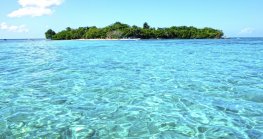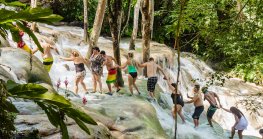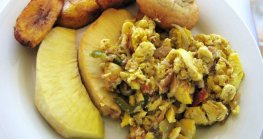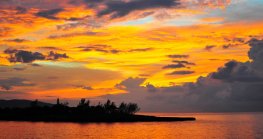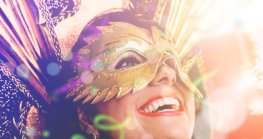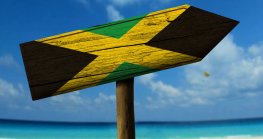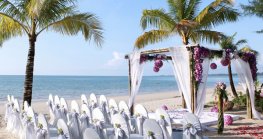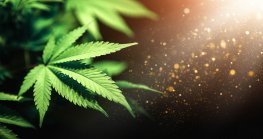7 unconventional uses of Cannabis in Jamaica

When people think of ganja in Jamaica, smoking is usually the first image that comes to mind.
But the trust is that the plant has been part of Jamaican life in many different ways.
Ganja shows up in everyday practices like brewing bush teas, in cultural life through folk remedies, and in sacred spaces within Rastafarian ceremonies.
Beyond recreation, it is tied to health, spirituality, and community.
In recent years, licensed dispensaries and resorts have created new ways for visitors to experience ganja, offering edibles, spa treatments, and guided farm tours.
Here are seven unconventional ways ganja shows up in Jamaica.
Cannabis Tea
Ganja tea is a long-standing tradition in many Jamaican homes, especially in rural parishes.
It’s made by boiling the leaves, stems, or buds in water or milk.
The result isn’t the high you’d expect from smoking but a mild, calming drink.
People take it for colds, sleepless nights, or just to relax.
For older generations, a cup of ganja tea in the morning is as normal as bush teas made from fever grass or mint.
Topical remedies
Cannabis is often infused into oils, salves, and creams.
These are rubbed on sore joints, swollen feet, or tired backs.
Families pass down their own recipes, mixing ganja with coconut oil, nutmeg, or other herbs.
It’s part of Jamaica’s folk medicine system, where natural remedies are trusted alongside formal healthcare.
Spiritual rituals
For Rastafarians, ganja is a sacrament.
It is believed to open the mind, aid meditation, and bring worshippers closer to Jah.
Ceremonial use is often tied to drumming, chanting, and reasoning sessions.
Outsiders sometimes mistake it for casual smoking, but within Rastafari it is deeply spiritual.
Respecting that difference is important for anyone who encounters it.
Cooking and edibles
Cannabis has found its way into Jamaican kitchens, too.
Beyond tea, it has been added to soups, stews, and baked goods in small amounts.
These are usually prepared in private homes or community gatherings rather than restaurants.
In recent years, dispensaries have started offering regulated edibles like gummies or cookies, giving visitors a controlled way to try them.
Bath & spa treatment
Wellness tourism has embraced ganja in creative ways.
Some Jamaican spas now offer cannabis-infused oils for massages, facials, or baths.
The idea builds on traditional uses for pain relief but packages it in a setting that appeals to visitors.
A soak or massage with cannabis oil is marketed as calming, restorative, and authentically Jamaican.
Animal care
In rural communities, farmers sometimes use ganja in small doses for animals like goats or donkeys.
It’s said to help with appetite or to keep them calm.
These practices are informal and based on local knowledge rather than science.
Cultural symbolism
Even if you never drink, rub, or smoke it, ganja is hard to miss in Jamaica.
The leaf appears on T-shirts, murals, crafts, and stage backdrops.
It’s a cultural symbol linked to resistance, identity, and freedom. Music, especially Reggae and Dancehall, often carries ganja references, keeping it alive in Jamaica’s global image.
For many, it’s not just a plant but a marker of pride and culture.
© 2019 Jamaica Experiences All Rights Reserved





